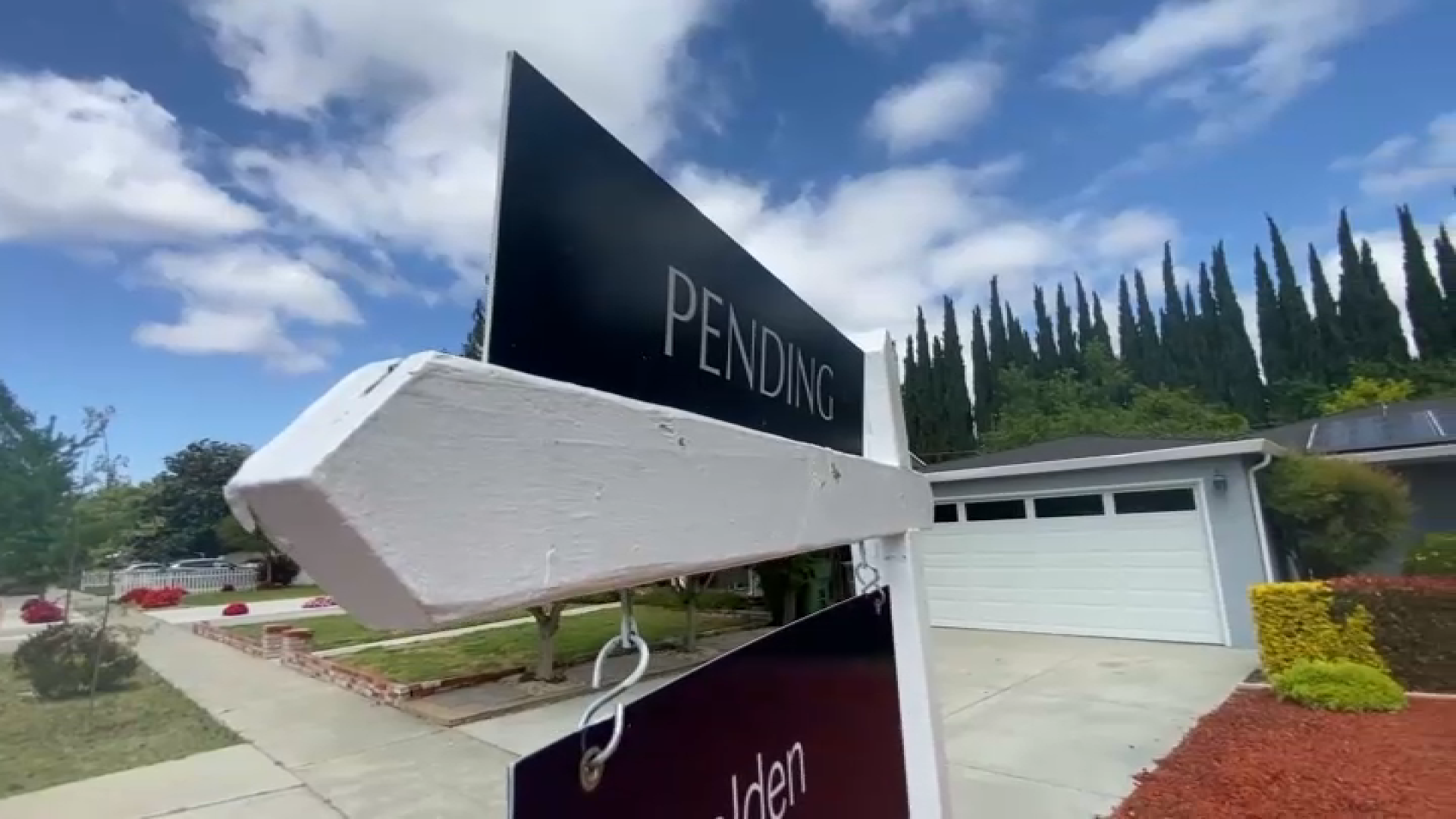When state Assemblyman Jared Huffman introduced a bill in December to improve the containment of oil spills, he could not have imagined the calamity that would occur four months later in the Gulf of Mexico.
But the Deepwater Horizon explosion and resulting spill -- the worst in U.S. history, with no end in sight -- will be very much on state lawmakers' minds Monday as the Senate Environmental Quality Committee takes up Huffman 's AB234.
The bill would require ships that transfer oil to another vessel within state-regulated waters to deploy a floating barrier known as a boom before and during the fueling operation.
Current state regulations dictate how much boom should be released after a spill occurs, but they do not require that booms be deployed as a preventive measure.
Supporters of the bill, modeled after a similar law in Washington state, say pre-booming allows for the maximum possible containment in the event of a spill, limiting ecological and economic damage.
Over the past two years, California experienced 13 oil spills during vessel-to-vessel transfer operations along its coast, according to Huffman's office.
The most recent, the Oct. 30 Dubai Star spill, leaked 400 gallons of bunker fuel into San Francisco Bay. The Dubai Star did not deploy boom before the spill.
Local
"You continue to learn every time there is a tragedy," said Huffman, D-San Rafael. "If we're not learning, that's just another layer to the tragedy."
The Gulf crisis is evidence of just how bad things can get in an oil spill scenario, he said. A U.S. government panel of scientists released findings on Thursday estimating that more than 100 million gallons of crude may have poured into the Gulf's fragile waters since April 20.
Huffman said he hoped the disaster would "provide a window of elevated consciousness" among his fellow lawmakers as they consider AB234.
"I'm hopeful it's going to help make all of us open to doing whatever we can in our part of the world to prevent spills from damaging our environment and our economy," he said.
AB234 originated as an energy-efficiency and water-conservation bill, but after stalling in the Senate last year, it was reframed to address oil spills. If it passes the Senate in its current form, it must go back to the Assembly.
Other measures scheduled to be heard in the Legislature this week:
- Corporations would be required to report to their shareholders any donations to political action committees, candidates or ballot measure campaigns under a bill by Assemblyman Pedro Nava, D-Santa Barbara. Under AB919, shareholders who object to a particular donation would be refunded a prorated share of the contribution amount. That bill will be heard Wednesday in the Senate Banking, Finance and Insurance Committee.
- Convicted human traffickers could be fined up to $25,000 and their properties closed for one year under a bill introduced by Sen. Leland Yee, D-San Francisco. That bill, SB677, will be heard Tuesday in the Assembly Public Safety Committee.
- A bill by Assemblyman Curt Hagman, R-Chino Hills, aims to keep overzealous animal lovers in check, at least when they're visiting California's zoos and aquariums. AB1675 would make it an infraction or a misdemeanor to enter an animal enclosure without proper authorization. Hagman says the bill was prompted by an incident last September in which a 21-year-old man climbed into the grizzly bear enclosure at the San Francisco Zoo.
- People who try to deliver a wireless communication device or any component of a cell phone to a prisoner could be charged with a misdemeanor and fined up to $5,000 under a bill introduced by Sen. Alex Padilla, D-Los Angeles. SB525 will be heard Tuesday in the Assembly Public Safety Committee.



